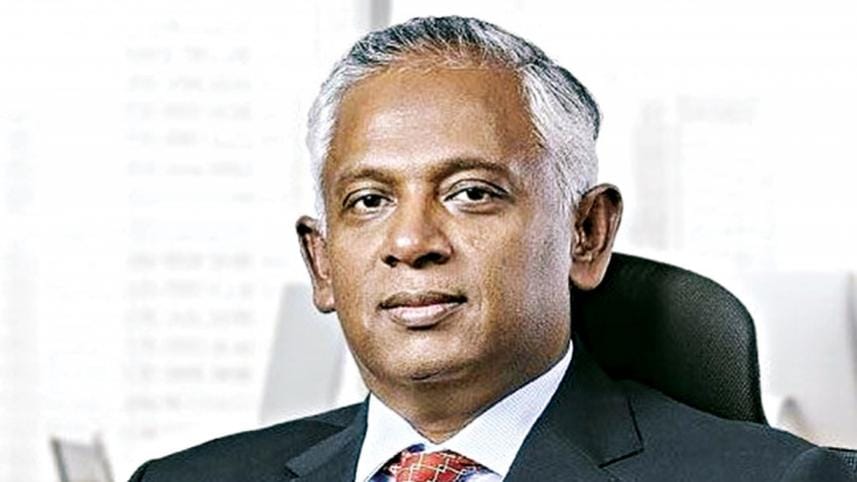Voice floor price: time to scrap it

Bangalees are well known for their unparalleled gift of gab. Our love for chatting is unique and deeply rooted in our culture. Whether it is at the corner shop or continuing in marathon phone calls that defy the laws of time and data plans, we Bangalees are the true pioneers of telephonic verbosity.
No longer constrained by mere 2G or 3G technology, we continue our spirited conversations using voice instead of low-cost data in 4G or 5G, throwing cost to the wind. As long as I can discuss last night's cricket match or debate the best biriyani joint, I'm good. So why not continue the culture but pay less?
There are arguments for and against removing voice floor prices for mobile network operators (MNOs) in Bangladesh. Advocates favouring the removal of voice floor prices argue that lower prices encourage healthy competition among MNOs, leading to innovation and better consumer services. They claim that reduced voice prices make communication more accessible, bridging the digital divide between the rich and the poor and promoting social inclusion.
There are several arguments against removing voice floor prices from the MNO side to protect its interests. They emphasise that floor prices provide essential revenue, allowing them to cover costs, invest in infrastructure, and maintain service quality.
They also contend that sustainable pricing ensures better call quality, coverage, and reliability, benefiting consumers in the long run. However, in the case of Bangladesh, it never happened.
Despite launching 3G in 2013 and 4G in 2018, Bangladesh is significantly lagging behind internet penetration, leading to under-performance in financial inclusion, education, etc. The MNO's voice revenue is still hovering between 50 percent and 60 percent, and data penetration coupled with smartphone penetration growth remains way behind our South Asian neighbours.
In developed countries, there is nothing called voice revenue. Jio, the leading operator in India, offers no voice packages, as their data price includes voice and SMS.
In Bangladesh, voice users are predominantly rural or economically disadvantaged individuals for whom smartphones are unaffordable and unfamiliar. Urban smartphone users, on the other hand, often prefer WhatsApp or other IP-based voice services due to significantly lower costs.
This policy disproportionately favours the wealthy and safeguards MNO interests, hindering data and smartphone adoption. The slower the transition from voice to data, the better for MNOs. It is time for regulators to scrap it to the nation towards a smart Bangladesh.
Bangladesh's smartphone shipments suffered a double blow, declining by 23 percent in 2022 and 25 percent in 2023. Economic challenges, such as high inflation, currency depreciation, and increased VAT on handsets, significantly impacted the market. Additionally, local manufacturing focus and restrictions on MNOs' device dealings contributed to the country's lag in smartphone and data adoption.
The Bangladesh Telecommunication Regulatory Commission and the posts and telecommunication ministry should immediately remove the floor price on voice to lift Bangladesh out of the rare countries with such regulations.
In our quest to safeguard local manufacturers, we often end up hindering progress inadvertently. The voice floor price shackles affordability and digital growth. But fear not! We can sweeten the deal by lowering revenue sharing on data and tax breaks for data investments (including smartphones) to manage the interim shock.
Brace for MNO pushback, but remember Jio—their 4G/5G magic touched all, rich or poor, with digital literacy soaring, defying skeptics.
In Bangladesh, the telecom policy is shifting its focus from voice to data, as evidenced by the spectrum price and policy. This strategic move aims to enhance productivity, promote financial inclusion, revolutionise education, catalyse innovation, and boost global competitiveness.
By prioritising data, Bangladesh can unlock opportunities and propel itself toward prosperity in the digital age. The country needs to ensure internet access for all if we want to build a Smart Bangladesh.
The author is founder and managing director of BuildCon Consultancies Ltd.




 For all latest news, follow The Daily Star's Google News channel.
For all latest news, follow The Daily Star's Google News channel.
Comments